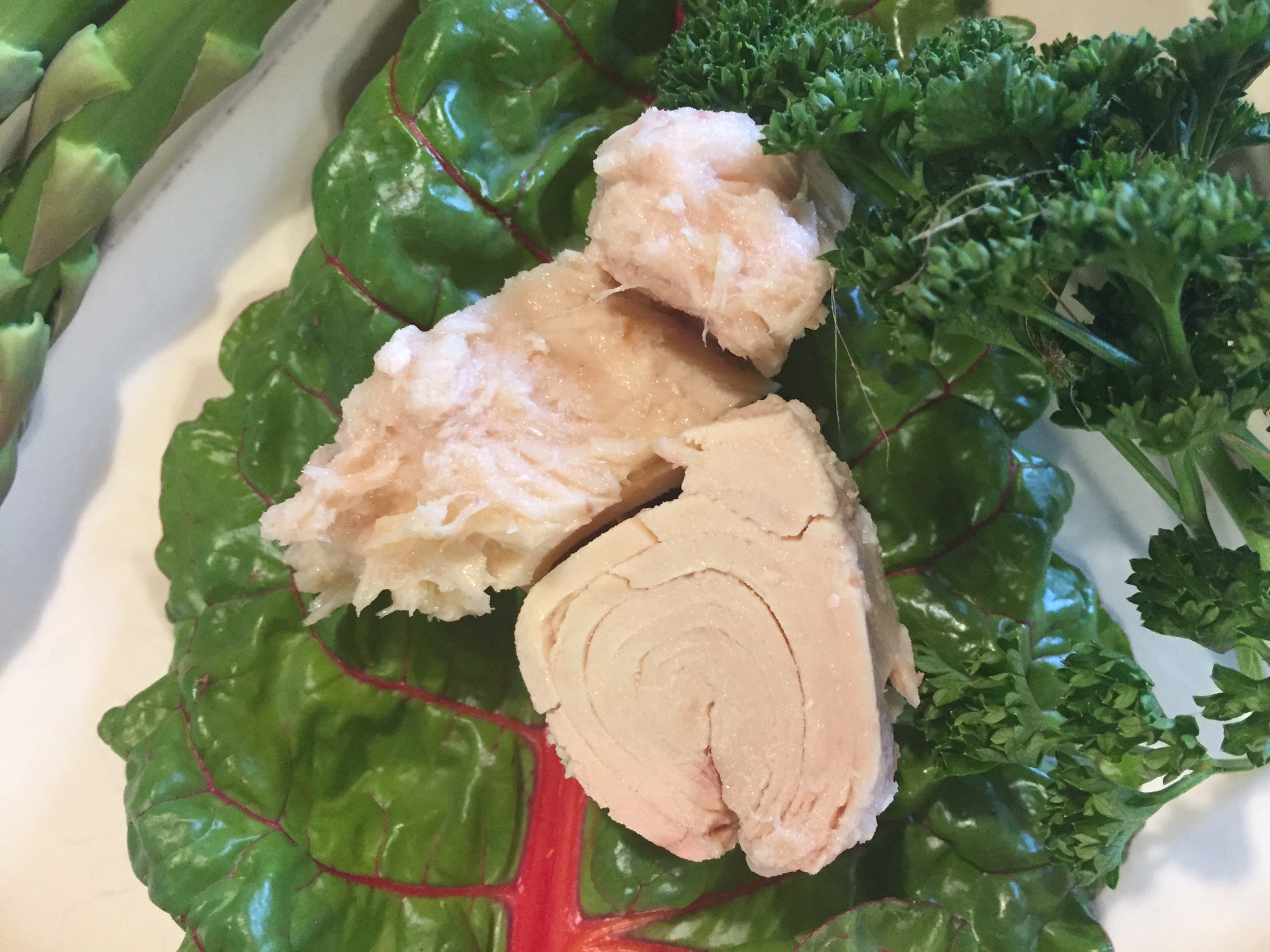 Thank you Wild Selections® for sponsoring this post. Click here to learn more about Wild Selections®, the only full line of Marine Stewardship Council (MSC) certified sustainable seafood that gives back to our oceans, ensuring a fish-full future.
Thank you Wild Selections® for sponsoring this post. Click here to learn more about Wild Selections®, the only full line of Marine Stewardship Council (MSC) certified sustainable seafood that gives back to our oceans, ensuring a fish-full future.
My husband is a commercial fisherman. My family fishes. Our livelihood depends on sustainable seafood and fishing practices.
What is sustainable seafood?
According to the Monterey Bay Aquarium’s Seafood Watch:
Ninety percent of the world’s fisheries are now fully exploited, over-exploited or have collapsed.((http://www.seafoodwatch.org/ocean-issues/wild-seafood))
In an effort to reverse this statistic, sustainable fishing practices involve management techniques developed by scientists, conservation groups, and the fishing industry. Standards of sustainability include catch limits based on current stock limits to ensure preservation and maintenance of the species.
The Marine Stewardship Council (MSC) certifies sustainable seafood. This voluntary certification helps consumers quickly identify sustainable seafood products by looking for the blue label.
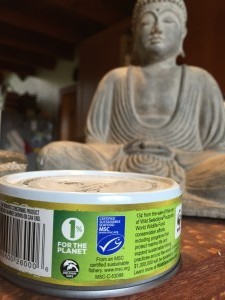
According to MSC, there are five criteria for sustainable seafood:
-
Ensuring sustainable fish stocks
-
Minimising environmental impact
-
Effective fisheries management
-
Combating illegal fishing
-
Cutting out destructive fishing practices
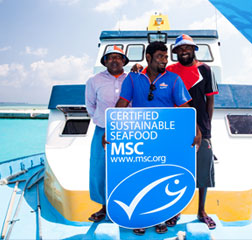 It was in my teen years that my environmental awareness began with the help of Greenpeace. One of the first food items I became conscious of was tuna. When I learned that dolphins were harmed in great numbers as a result of bycatch in the tuna industry, I gave up tuna. Fortunately, the industry has responded to concerns and legislation and dolphin deaths have fallen from about 500,000 in the 1970s to 3,000 currently.((https://swfsc.noaa.gov/textblock.aspx?Division=PRD&ParentMenuId=228&id=1408))
It was in my teen years that my environmental awareness began with the help of Greenpeace. One of the first food items I became conscious of was tuna. When I learned that dolphins were harmed in great numbers as a result of bycatch in the tuna industry, I gave up tuna. Fortunately, the industry has responded to concerns and legislation and dolphin deaths have fallen from about 500,000 in the 1970s to 3,000 currently.((https://swfsc.noaa.gov/textblock.aspx?Division=PRD&ParentMenuId=228&id=1408))
Dolphin bycatch is just one example of problems in common fisheries. Consumers don’t always understand the consequences of their purchases. Fortunately, there are choices. MSC labeling makes it easy. The blue MSC eco-label signifies well-managed fisheries and healthy fish stocks.
Why is sustainable seafood important?
Via: http://wildselections.com/infographic/
Wild Selections® Sustainable Seafood: Solid White Albacore Tuna in Water or Olive Oil
Albacore tuna is identified as a “best choices” fish by the Environmental Defense Fund (EDF).
Canned white tuna consists of albacore. Some populations of this highly migratory tuna are healthier than others.
Albacore fisheries in the U.S. and British Columbia are well-managed, using pole-and-line gear that results in almost no bycatch.
Most other fisheries for albacore, including those for canned white tuna, use longlines, which often catch sea turtles, seabirds and sharks.((http://seafood.edf.org/tuna)).
Wild Selections White Albacore is certified sustainable seafood by MSC. In fact, Wild Selections is the only full line of Marine Stewardship Council certified sustainable seafood!
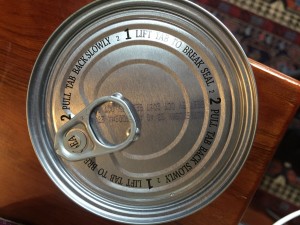 Made from only natural, simple ingredients (white tuna, water, salt) that are non-GMO Project verified, this delicious tasting tuna is not only premium quality, but it is 100% traceable! Visit WildSelections.com to learn where the fish was caught Just enter the code on the top of your can. The code is a little hard to read, but after a few tries, I got it right.
Made from only natural, simple ingredients (white tuna, water, salt) that are non-GMO Project verified, this delicious tasting tuna is not only premium quality, but it is 100% traceable! Visit WildSelections.com to learn where the fish was caught Just enter the code on the top of your can. The code is a little hard to read, but after a few tries, I got it right.
The albacore in our can came from Fiji:
Fiji Albacore Longline Fishery
For the small island nation of Fiji, its beautiful and vibrant marine life has attracted hundreds of thousands of tourists each year to snorkel and dive. By becoming MSC certified, the Fijian Albacore Longline Fishery represents a commitment to safeguard the area’s natural biodiversity for years to come.
Can Code: 42766DDSMX
Long-line fishing is not as good a choice as troll and pole as far as bycatch, but it is much better than purse seine netting. There is still bycatch issues with long-line fishing, but Wild Selections is dolphin safe.
- We do source some Tuna from MSC certified Longline fisheries. Our Longline MSC certified tuna meet the exact same measurable standards of sustainability as the MSC certified Pole and Line fisheries from which we also procure.
- The MSC standards require that any certified fishery meets goals, based on global consensus for fishery best-practices, in how they manage their operation, maintain abundant fish stocks by preventing over-fishing, and protect the habitat—including protecting “bycatch” species like sea turtles, sharks and sea birds.((http://wildselections.com/faqs/))
Another thing I love about Wild Selections is they have partnered with the World Wildlife Fund (WWF), another organization that was instrumental in my environmental and conservation development as a teen. We all want a “fish-full future”!
Wild Selections gives back to the oceans by donating 13 cents from every can sold! By 2018, the total donated will have reached over $1 million to fund WWF marine conservation and fishery improvement projects.
If you would like to try Wild Selections sustainable seafood, please visit their store locator link. I found it was available in most grocery stores in my area.
What about mercury in seafood?
We have all heard the cautions that pregnant women and children should limit their consumption of seafood due to mercury levels. My fisherman husband says the younger the fish, the lower the mercury levels. The tuna caught off the Pacific Northwest is typically one to three years old, and thus has lower mercury levels. As far as canned tuna goes, EDF recommends:
These recommendations are based on EPA guidance and estimates of mercury in the most popular canned tunas:
Canned white, or albacore (0.32 parts per million of mercury). Children under six can eat up to one 3-ounce portion a month; children from 6–12, two 4.5-ounce portions a month. Adults, including pregnant women, can safely eat it up to three times a month (women, 6-ounce portions; men, 8-ounce portions).((https://www.edf.org/oceans/mercury-alert-canned-tuna-safe-eat))
The Environmental Working Group has a seafood calculator which can help you figure out how much you can safely eat a week.
Wild Selections is canned tuna you can eat guilt-free! Sustainably harvested, it is your better option for canned tuna.
I was selected for this opportunity by Clever Girls and the content and opinions expressed here are all my own.
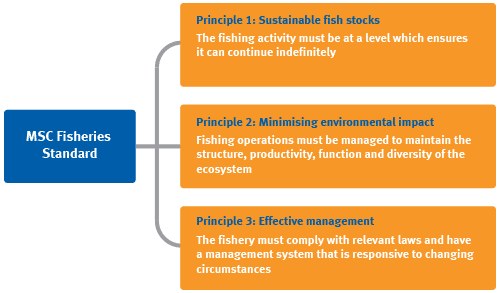
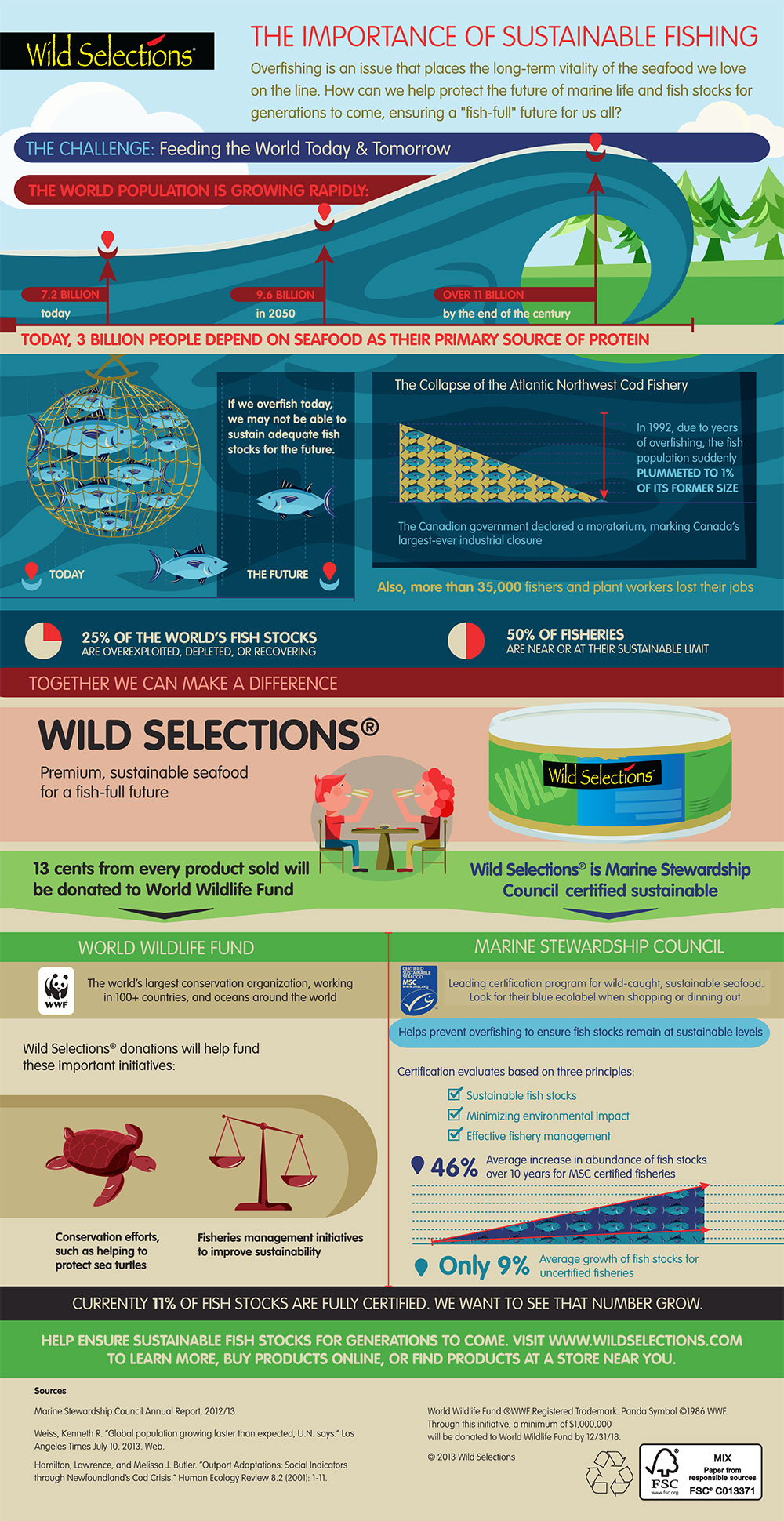
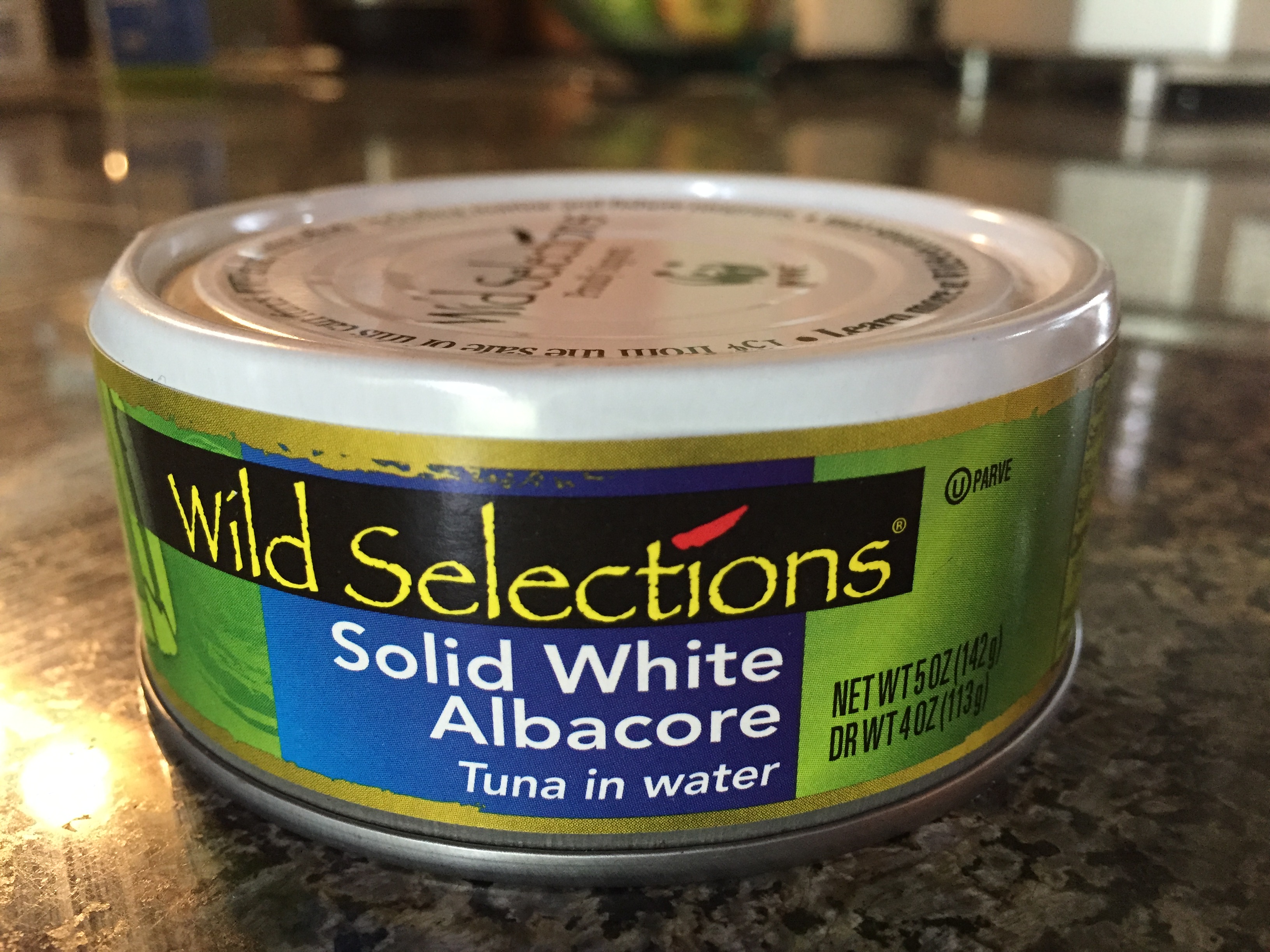
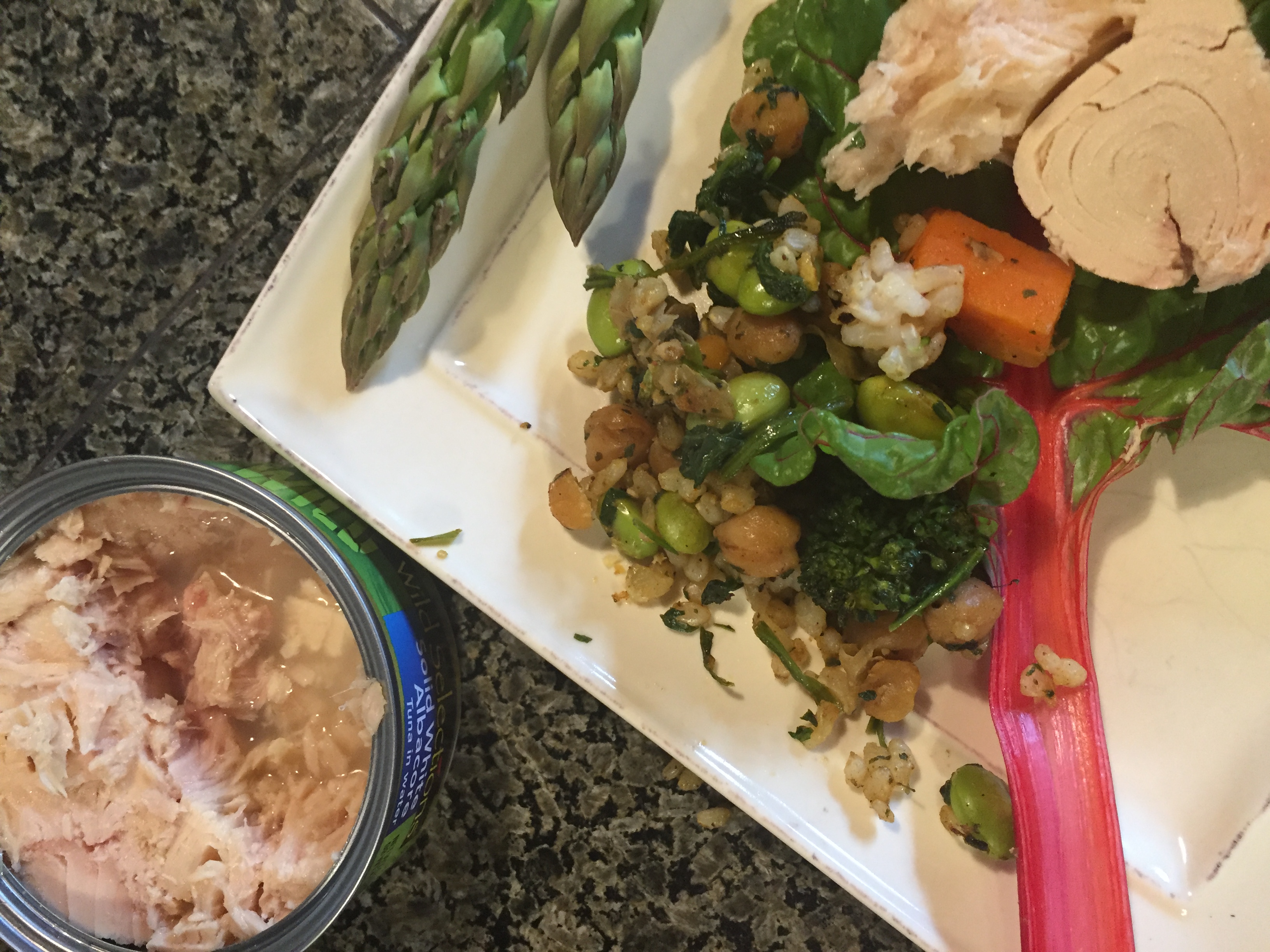
Leave a Reply